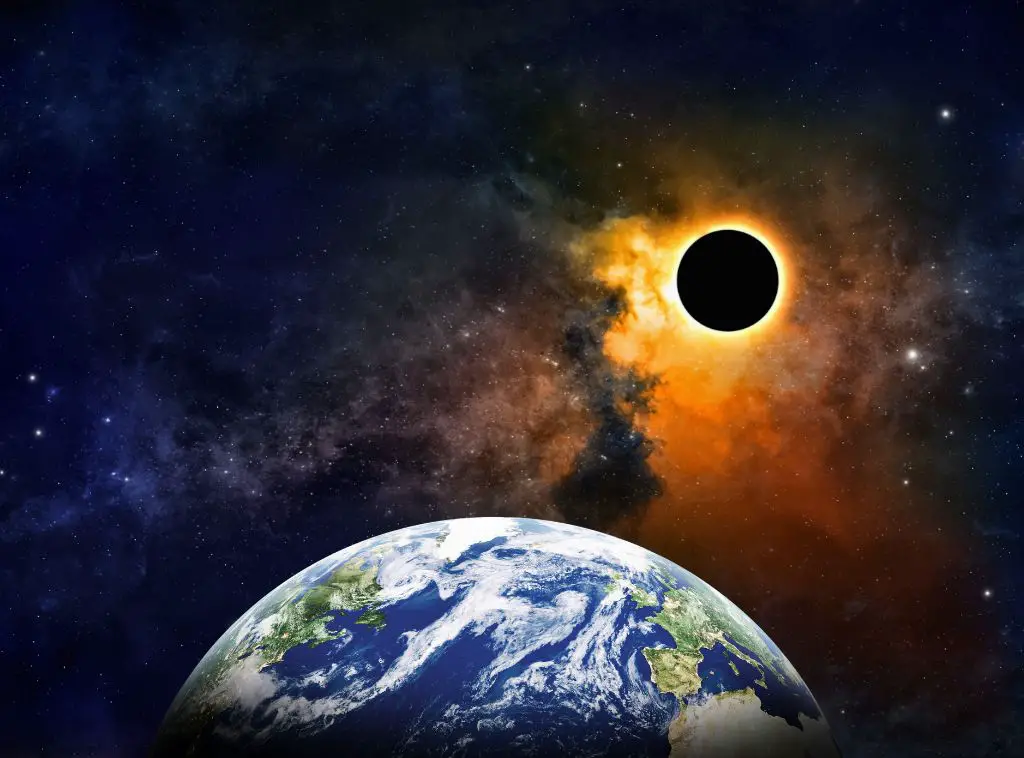Scientists have made a startling discovery that could have serious implications for our planet. A supermassive black hole, located in a galaxy 657 million light-years away, has changed its direction and is now facing Earth.
The black hole is at the center of a blazar, a type of high-energy object that emits powerful jets of radiation. The galaxy, known as PBC J2333.9-2343, was previously classified as a radio galaxy, but researchers have reclassified it after finding that its jet has rotated by up to 90 degrees¹³.
The cause of this rotation is unknown, but some scientists speculate that it could be due to a collision with another galaxy³⁴. The jet is now pointing directly towards our solar system, which could have some effects on our galaxy.
The researchers also found that the galaxy is much larger than previously thought. It stretches nearly 4 million light-years across, which is almost 40 times the size of the Milky Way¹³. This makes it one of the largest galaxies ever observed.
The discovery of this supermassive black hole facing Earth opens up new opportunities for studying these mysterious objects and their jets. However, it also raises some concerns about the potential dangers they pose to our planet.
Source:
🔬 Subscribe to SciMail
Get the latest science discoveries straight to your inbox!


Leave a Reply